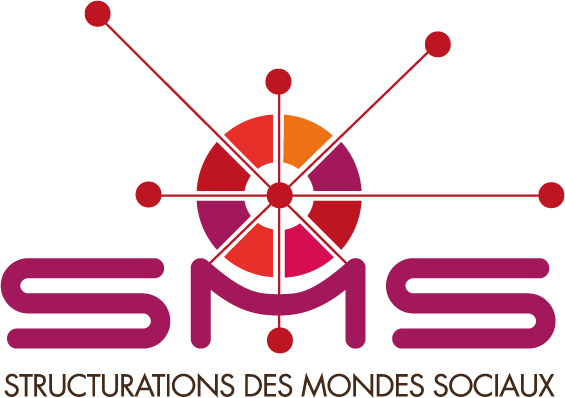-
Partager cette page
SMS Operations

The management team consists of a director (Michel Grossetti), four deputy directors (Michel Bertrand, Denis Eckert, Marie-Christine Jaillet, and Vincent Simoulin,) and a general secretary (Christine Ruiz-Bauza). Caroline Datchary and Johann Chaulet are responsible for the programme on information technology and communications (ComUniTic). Robert Boure is in charge of the magazine for disseminating results, Mondes Sociaux [Social Worlds] and of a writing workshop designed to help junior researchers publish articles.
The main body dealing with SMS operations is the Steering Committee, composed of the research group leaders; the list of members (currently forty people) is not fixed. It meets approximately every two months chaired by the Director of the Labex and takes decisions on recruiting doctoral and post-doctoral students, financing empirical research projects, and all other decisions related to SMS activities. All of the Steering Committee’s decisions and related documents are available on the intranet for Labex participants.
The Partial Steering Committee, composed of representatives of the CNRS research centres involved in SMS (the director, one representative from each team and 2 for the 3 largest CNRS teams) is entitled to vote alone in case of necessity.
All SMS participants gather annually at a General Assembly to discuss SMS activities, chaired by the Director of the Labex.
SMS includes a Board of Directors, composed of representatives from academic institutions and the CNRS research centres involved, and three representatives from civil society. The Board discusses the activities of the Labex annually and votes every two years on its organization. It is headed by the Director of the Labex (who does not vote).
All SMS activities are evaluated by members of an Academic Council composed of 12 international experts. This council meets every two years. The Academic Council interacts with members of the Steering Committee and draws up a report containing a number of recommendations.
In sum, the Board of Directors mandates the Director and the Steering Committee to manage the Labex’s activities and it gives an opinion on these activities from the perspective of permanent organisations (academic institutions, CNRS research centres). The Academic Council gives advice strictly on research matters. The General Assembly provides opinions from all of the participants.
In practice, the functioning of research groups and workshops is as follows. Each research group and methodological workshop has a leader and is given a certain amount of funding for the life of Labex. To start a particular project, the researchers involved in the groups must formulate projects with a maximum duration of 3 years. Each project is evaluated by two reviewers, selected by the Steering Committee from among the different member research centres. On the basis of reports and project proposals, the Steering Committee then decides to validate or reject the proposals. The Steering Committee may examine projects at each of its meetings. A project that has been refused may be proposed again at a subsequent committee meeting after making changes. An annual report enables us to track projects both academically and administratively.
